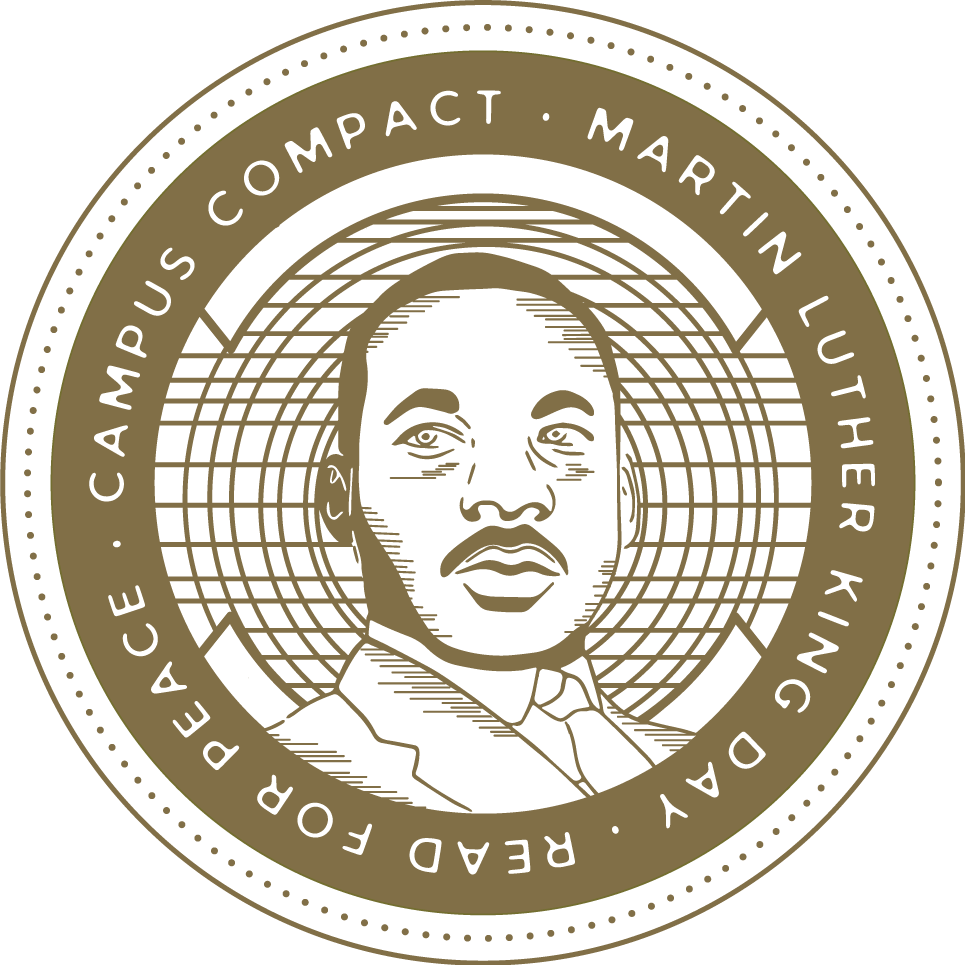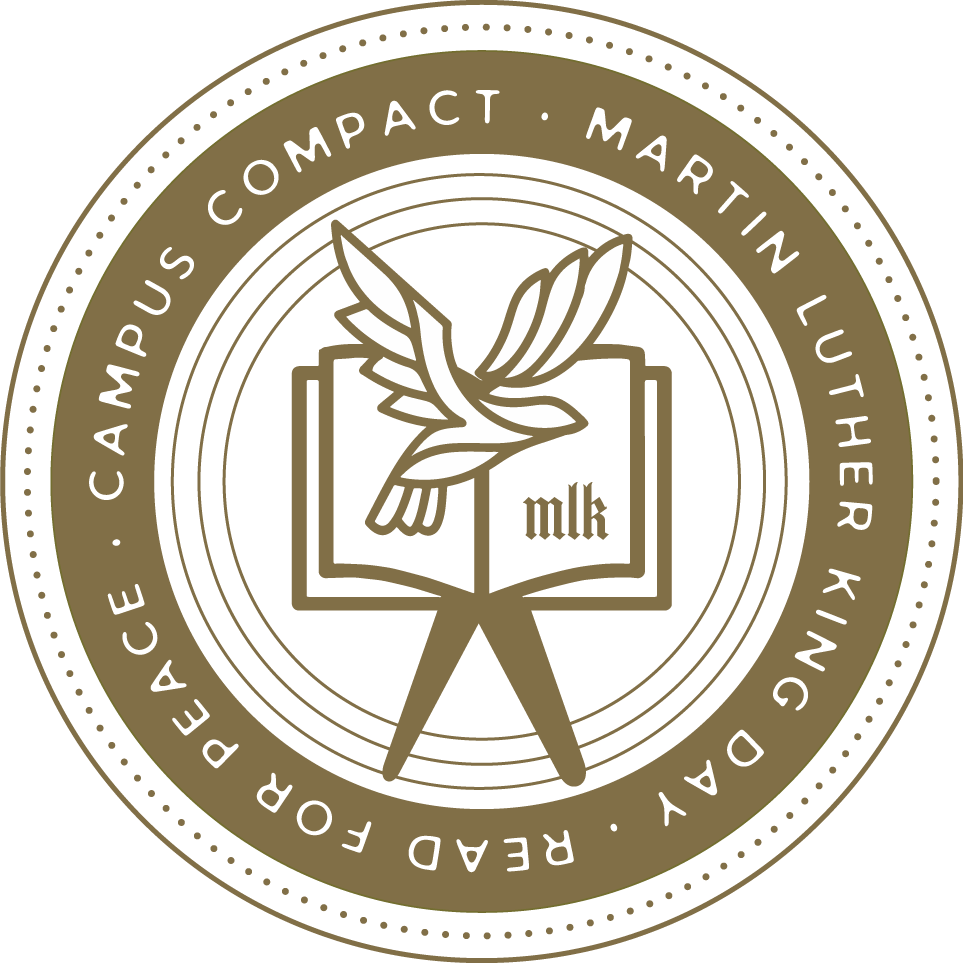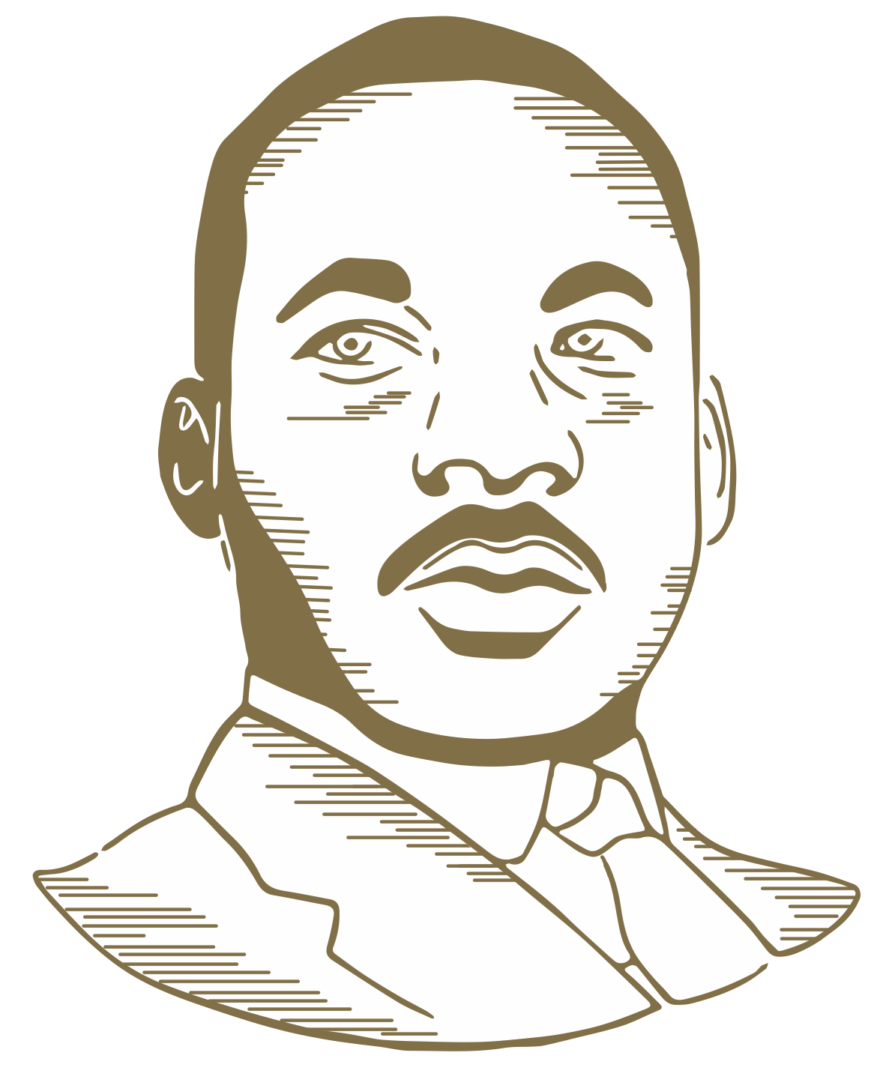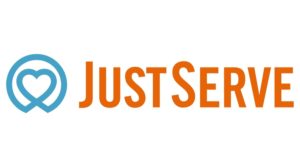MAKE A DIFFERENCE
MLK Read for Peace
MLK Read for Peace is a statewide service project that places college students, community volunteers, and AmeriCorps national service members in kindergarten through fifth-grade classrooms to read age-appropriate books to students about Dr. Martin Luther King Jr. After listening to a book read aloud, students then complete an activity that asks them to reflect on how they can promote peace and equality in their own lives.
“I Have a Dream” Drawings
A free-form art activity where students will draw their dream for a better world. The activity will begin with a short introduction to MLK’s “I Have a Dream” speech, informing students that MLK dreamed of a better world where all people got along and were treated as equals.

Peace Poems
A structured writing activity where students will write a poem about what peace means to them. They will be given a poem worksheet to use where they insert their own words to finish phrases such as “Peace is like a _________.” Students may also choose to write a free-form poem if they wish.
Why take the time?
The impact of Dr. King’s work and life on American history is often not a required part of elementary school curricula. Although many schools enjoy a long weekend in observation of Martin Luther King Jr. Day every January, some students may not understand the significance of this day.

PARTICIPATE
Participate in a nationally recognized Day of Service! Congress designated Martin Luther King Jr. Day as a National Day of Service in 1994 to empower individuals, strengthen communities, bridge barriers, create solutions to social problems, and move us closer to Dr. King’s vision of a Beloved Community.

SERVE OTHERS
Dr. King recognized the power of service. He famously said, “Everyone can be great because everybody can serve.” Observing the holiday through service is a way to begin each year with a commitment to making your community a better place.

CHANGE YOUR WORLD
Join community leaders such as the Montana Lieutenant Governor and local mayors and city council members in sharing your time with students and teachers.

ROOTED IN PEACE
MLK Read for Peace gives students an opportunity to learn about and engage with Dr. King’s message of peace and equality. Through discussion and art, students are encouraged to think about Dr. King’s work and what we can do individually and collectively to advance his dream.

SPARK CREATIVITY
Spark creativity and help students translate their vision for a peaceful and equitable world into words or images! We encourage student artwork and poems to be displayed publicly in a local library or in their schools during Black History Month.
What We Do
MLK Read for Peace provides students with information about Dr. King and simple activities they can complete in class or at home over the weekend.
In 2019, 12 Montana communities participated in Read for Peace and we engaged over 4,200 students statewide!
Coordinating an MLK Read for Peace event in your community
It is best to begin coordinating an MLK Read for Peace project as early as possible. Use the following information as a guide for beginning different stages of the planning process.
Pick a date to host MLK Read for Peace:
We recommend you host your MLK Read for Peace the Friday before the three-day MLK weekend. Best practice is to contact the principal or secretary to gauge availability at each school.
Contact teachers to sign up their classrooms for your event:
Reach out to local school administrators or contacts for guidance on how best to reach K-5th grade teachers. You may use attached template to collect the following information:
- School name (if you are hosting the event at multiple schools)
- Teacher’s name and contact information
- Grade level
- Number of students in the classroom (for activities and reporting)
- MLK Jr. related books they have in their classroom library or school library for volunteers to read during the event
- If school districts may require volunteers to undergo further registration and/or screening before volunteering
- Time the teacher would like the volunteer to come (The event takes 45 to 60 minutes, depending on student questions) Whether or not the teacher would like to combine classrooms with another teacher for the event. If yes, be sure to find out who the other teacher is and how many students are in their class.
Locate books for volunteers:
ask teachers about what books the school already has so you will be able to determine how many books you need or already have at each school. Allow the teacher to select the book they would like the volunteer to read in their classroom during the event and confirm the book will be in their classroom the day of the event. MTCC has donated MLK books to many schools for the last few years, so they should have them available.
In the case of a school not having enough MLK Jr. related books to use for your event, it is best to deliver books to schools before the event.
Work with the school secretaries to set up a system where your volunteers can check in at the front desk of the school on the day of the event and pick up their book, instructions and activities. Remember, if more than one volunteer will use the same book, let the secretaries know and make sure to leave instructions for each individual volunteer that includes the name of their book. If you will borrow books from the school library, ask the librarians to have the books available at the front desk for volunteers the day before the event.
Select the activities for your event:
The activities for your event should help students reflect on the ideas of peace, equality, and the civil rights movement. These are common themes of books about Dr. King’s life and work. Example activities: A drawing and a poem. The drawing activity is typically used in younger classrooms students, and the poem is used with older (3-5th grade) students. You can find examples and blank copies of the activities attached to this toolkit. Best practice is to ask teachers to select and print enough activity sheets for the number of students in their class before the volunteer arrives.
Recruit and schedule volunteers:
Work with local volunteer organizations to find experienced, committed volunteers for your event. If available, reach out to local colleges or universities for student volunteers. Examples include: 1) college student volunteers (athletic teams and volunteer organizations), 2) AmeriCorps and Senior Corps members, 3) local representatives such as the Mayor and City Council members, 4) regular classroom volunteers who regularly volunteer at a select school.
This provides a tremendous opportunity for local students to give back to their community by way of Read for Peace. Because AmeriCorps and AmeriCorps Senior members are required to participate in MLK Day of Service, they often constitute the large part of MLK Read for Peace readers. Teachers may also have regular classroom volunteers who would like to work with that particular class. When you begin recruitment, let teachers know they can pass the information on to any parent or community volunteers they know. Consider using online tools when recruiting and scheduling volunteers. Google Docs will allow you to create a spreadsheet with available classrooms and times that volunteers can easily enter their name into. Consider sending an email confirmation and reminders to volunteers as the event approaches with contact information in case questions, request, or cancellations need to be made.
Host your event:
Consider designating one person per school to act as a contact person/coordinator the day of your event. A few members of your organization may volunteer to be back-up readers.
Reporting after event:
Part of participation in Read for Peace includes reporting the impact of your local project. This information/data helps showcase the impact of Read for Peace events across Montana. Using a Google or Excel Spreadsheet is an easy way to track data. Data to collect includes: number of students, location of event, number of AmeriCorps members who volunteered, number of community volunteers, grade levels of students, and anything else you find pertinent.
Designate an individual to serve as the reporter for your local project.
Encourage school to display student activity sheets
Schools and teachers will often have designated areas to display student’s work.
Plan Your Own Read For Peace Event
Use this guidance to plan and prepare your own Read for Peace event. Then consider using the pre- and post-visit curricula below to continue the conversation.
Read For Peace Guidance
Read for Peace Curricula
Use these additional materials to prepare and deliver your Read for Peace event!
Pre-Visit Curriculum
These resources can be shared with educators in advance of your Read for Peace event to help their students prepare.
Post-Visit Curriculum
These resources can be shared with educators to keep the conversation going even after your Read for Peace event ends.

Press Release Tips
Let the media know about your event! You can send a press release a couple weeks before you plan to host your MLK Read for Peace event. Here are some things to keep in mind and include in your release:
Keep it short and concise. Press releases should fit on one page and have short paragraphs.
Don’t send it too soon. Your event is most likely to pop up on the media radar if you send your release about two weeks before the event. You can send a follow-up copy of the release the week of the event as well.
Pack the release with details. Include information about which schools are participating, how many classrooms, the total count of students, and the total number of volunteers involved. Ask someone in your organization to share a quick, compelling quote about the importance and impact of this event.
Remember to include Montana Campus Compact, ServeMontana, AmeriCorps, AmeriCorps VISTA, and AmeriCorps Seniors in the press release as appropriate.
Really spread the word. Aside from traditional newspaper and TV station media, send your release to local radio stations, public broadcasting networks, independent and Internet media, and even university media.
Connect & Share on Social Media with the hashtag #MLKDay
Register Your Event
To help recruit additional volunteers in your community, register your event on JustServe!
Montana Campus Compact’s project listing for MLK Read for Peace in Missoula is available here.
AmeriCorps Senior Leader Jonathan Carter (carter@mtcompact.org) has administrative privileges for Montana Campus Compact and is able to post projects across Montana. Send details about your event to Jonathan, and he is happy to share your project with potential volunteers on JustServe. Be sure to include #MLK in the title of the project to make it discoverable through the AmeriCorps Volunteer Search.

Statewide Read for Peace Activities
MLK Read for Peace is a required activity for all MTCC AmeriCorps and VISTA members. However, you are encouraged to participate in other service projects related to MLK Day. If you are curious about events that will occur in your area, we recommend exploring the listings here or contacting your local MTCC AmeriCorps member(s).
-
-
- Butte
- Hamilton
- Havre
- Flathead Nation (Polson)
- Fort Peck Nation (Poplar)
-
-
-
- Miles City
- Missoula
- Park County
- Red Lodge
-

